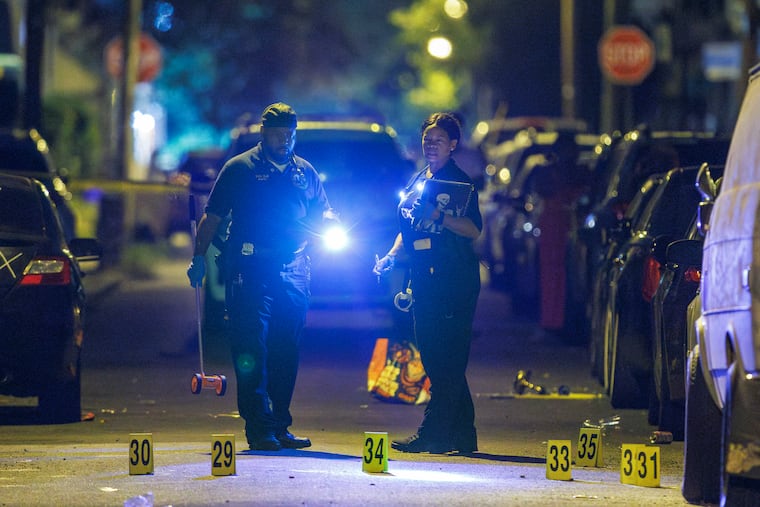Pennsylvania to suspend teachers charged with serious crimes, but enforcement of this rule does not consistently occur.
In Pennsylvania, recent incidents involving educators charged with serious crimes have raised concerns about the state’s response protocols. Notably, Matthew Gagat, a fifth-grade teacher at Lynnewood Elementary School in Havertown, continued to teach after his arrest in March 2024 for public indecency. Similarly, Charles Graydus, a career and technical education teacher at Octorara Junior/Senior High School, remained in the classroom following his January 2023 arrest for indecent exposure. Both teachers continued their roles because school district officials were reportedly unaware of their respective arrests.
This situation is exacerbated by the performance of the Pennsylvania Department of Education (PDE), which is legally mandated to suspend the teaching certifications of educators charged with specific offenses. An investigation by Media News Source into the disciplinary actions of Pennsylvania educators revealed that the PDE frequently delays taking action, even when it is warranted. This review unveiled multiple instances, stretching back to 2015, where the department took over one year to act on license suspensions for teachers charged with criminal offenses that should trigger immediate actions.
The review encompassed 82 disciplinary actions against educators in the Philadelphia area, highlighting systemic failures within the educator discipline framework. While the PDE maintains a public database to record disciplinary actions, the process remains opaque, with many complaints—numbering over 550 annually—being filed confidentially, along with investigation results not being made public. Furthermore, disciplinary actions taken by individual schools are not reflected in the state’s database, leaving a gap in transparency.
Advocates and experts in the field of child safety have voiced alarm over the slow response time of the PDE. Jennifer Storm, a former victim advocate in Pennsylvania, emphasized that swift suspension of educators charged with serious crimes should be standard practice. The lack of clarity in disciplinary actions—especially when vague terms like “inappropriate” or “improper” can mask the severity of a teacher’s conduct—complicates accountability.
In light of these systemic issues, both Gagat and Graydus had their teaching licenses revoked in January, but questions remain about how many other school districts are similarly uninformed about criminal charges against their educators. Furthermore, the PDE announced a system upgrade in October to improve communication with local educational institutions regarding teacher misconduct. However, concerns linger regarding the adequacy and timeliness of the responses moving forward, especially in safeguarding students from potential harm.
With the challenges of bureaucracy and varying definitions of immediate actions, experts assert that there is a pressing need for a more responsive system. It is imperative that Pennsylvania not only streamlines the procedures surrounding teacher disciplinary actions but also ensures clearer communication with schools regarding educators facing criminal charges to better protect students and maintain educational integrity.







